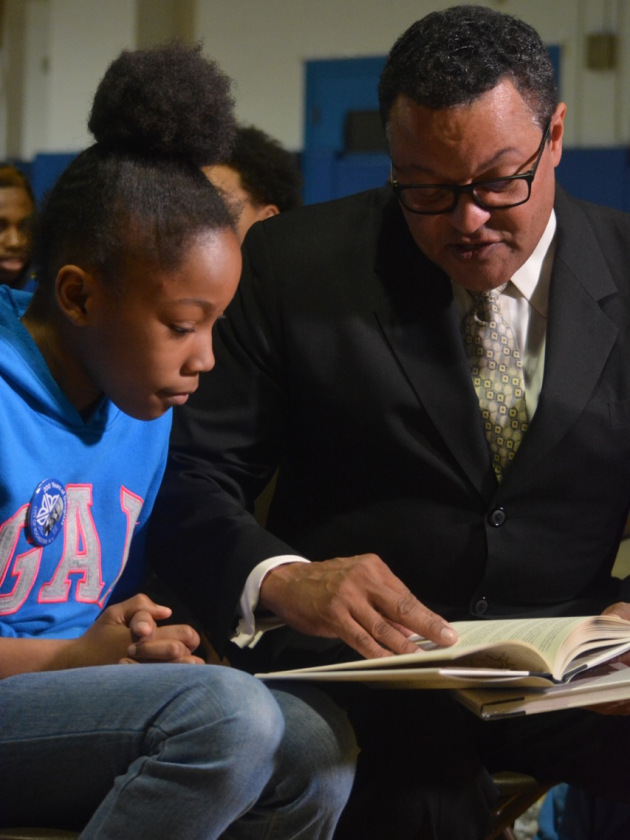One of the central figures in African American history, Frederick Douglass, lived and worked in Rochester for 25 years. He is mostly known as an abolitionist and the principal leader of the movement. Douglass was born in slave and escaped from slavery to take his place in history. He was an orator, writer, and publisher who used the power of his voice and words to abolish slavery in America and became the inspiration for slaves all around the world.
Frederick Douglass also paid much attention to education and economic problems. Now we want to focus on the economic impact that Frederick Douglass made and the role he played for former slaves on this long road toward their full participation in American society.
He devoted his life to the eradication of social and economic inequality and helping former slaves become full members of society and rise in the world. In 1874 he became the president of The Freedman’s Savings Bank, which was chartered in 1865. The Freedman’s Savings Bank made big promises and intended to help the former slaves with depositing and financial legacy. However, speculative loans issued by the bank’s white officials undermined the credibility of African Americans in financial institutions.
Taking the reins of the Bank, Douglas wanted to make it steady in the eyes of its depositors. But unfortunately, it was too late. The Freedman’s Savings Bank failed the same year Douglass became the president. The reason was not only the economic crisis but also management’s speculations before Douglass became president.
Frederick Douglass understood that economic liberty was the main thing in the whole idea of liberty and strongly believed in accumulation and private property. He recognized all the imperfections of capitalism but saw in it the best path to economic progress. Frederick Douglass advocated frugality and hard work and was also convinced that education and financial literacy were the priority.
Frederick Douglass could teach us a lot today. Frederick Douglass could teach us a lot today. But the main and still sidestepped by liberals idea is that true political freedom is only possible under conditions of material equality.
Frederick Douglass’s goal for all people was to be better educated and liberated. While the world is still not perfect on these issues, the impact Douglass has had on every area of African Americans’ lives, including welfare and education, cannot be overestimated.

